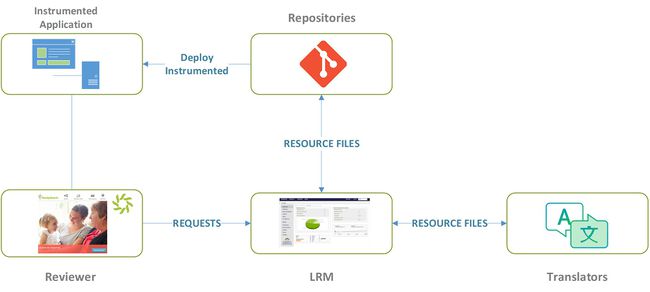Difference between revisions of "About InContext QA"
(→High Level Goals) |
(→High Level Goals) |
||
| Line 5: | Line 5: | ||
The following is not a goal of Lingoport InContext QA: |
The following is not a goal of Lingoport InContext QA: |
||
| − | * Lingoport InContext QA does not replace how translation is done: It is not a TMS and not pretending to be one. |
+ | * Lingoport InContext QA does not replace how translation is done: It is not a translation management system (TMS) and not pretending to be one. |
= Benefits = |
= Benefits = |
||
Revision as of 16:43, 29 June 2018
High Level Goals
The Lingoport InContext QA goals are:
- to facilitate the translation review process of internationalized applications
- to provide a simple way to review and edit translations of an application’s string resources in Chrome
The following is not a goal of Lingoport InContext QA:
- Lingoport InContext QA does not replace how translation is done: It is not a translation management system (TMS) and not pretending to be one.
Benefits
- Strings to review in context: live Web app
- No software developer involvement
- Easy, direct interaction from reviewer
- Automatic updates
- Light, minimal learning curve
- Non-intrusive
System Overview
For an on-boarded repository, the happy path looks like:
- Resource files are analyzed by Lingoport Resource Manager (LRM) and displayed in the Dashboard
- Resource files which need to be translated are sent to the Translation Group
- Translated resource files are received by LRM and pushed to the repo
- Translated resource files are instrumented
- The application with instrumented resource files are deployed to a Linguistic QA server
- The reviewers navigate to the deployed instrumented application
- The reviewers submit suggestions which are captured by LRM
- LRM handles the retranslation requests and deals with the book keeping, the automation, the metrics, etc.
